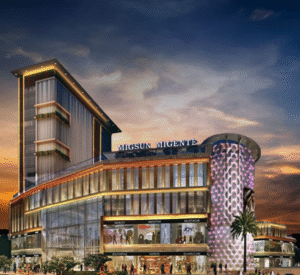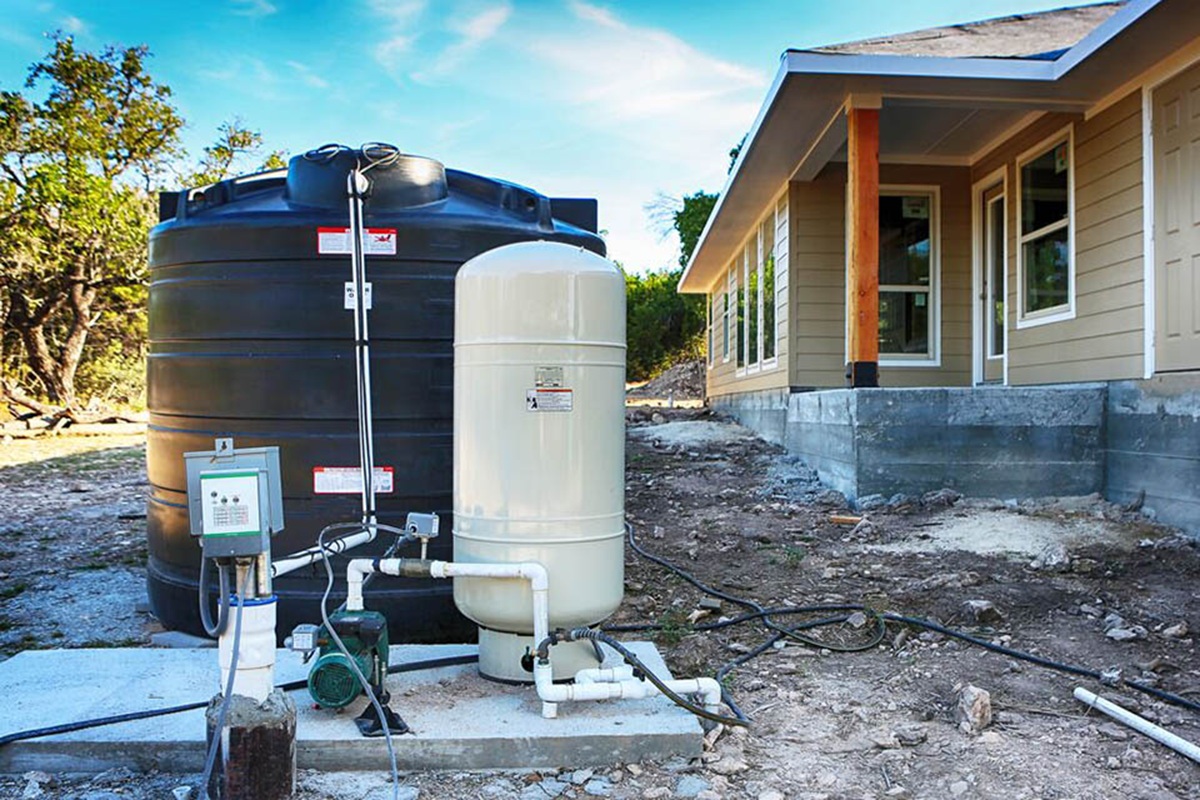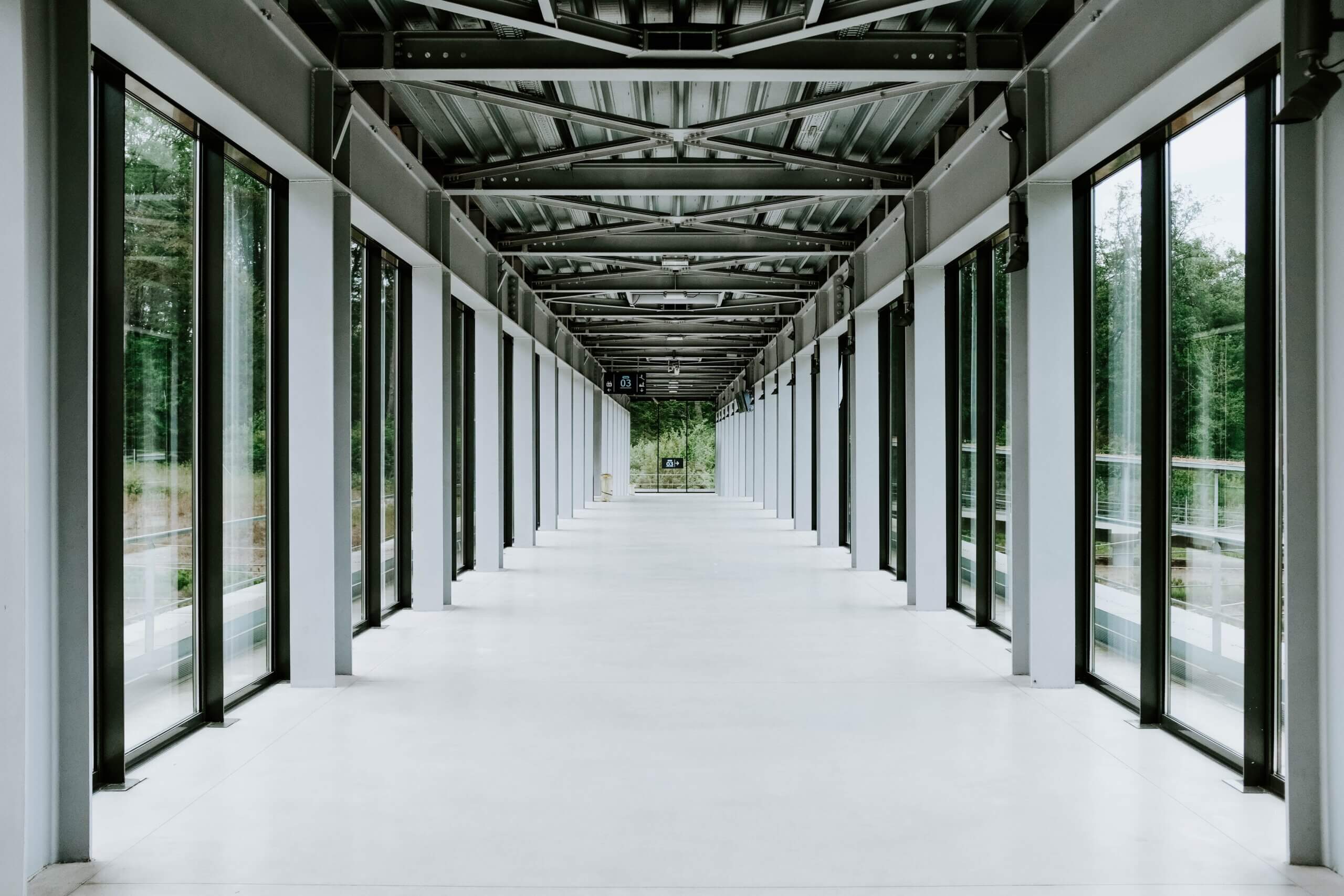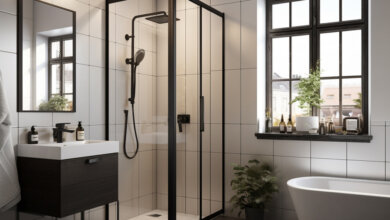Why Vastu Compliance Still Drives Buyer Decisions in 2025

Walk through any modern Indian city and you’ll notice a mix of glass towers, gated communities, and sleek retail hubs. Yet behind all the buzz about sustainability, smart gadgets, and flexible workspaces, one traditional element still quietly shapes property choices: Vastu Shastra. Even in 2025, this age-old science of architecture continues to influence where and how people invest in homes and commercial spaces.
The Emotional Pull Of Tradition
For many families, buying property is not only a financial milestone but also an emotional one. It is tied to aspirations of stability, happiness, and growth. Vastu, with its emphasis on aligning spaces with natural energies, gives that extra sense of reassurance. A kitchen in the right corner or a north-facing entrance may not always be about functionality alone. For some, it feels like an anchor to cultural beliefs passed down generations.
Modern Design, Ancient Principles
One reason Vastu has stayed relevant is its surprising compatibility with modern architecture. Architects today often manage to work Vastu guidelines into contemporary layouts without compromising on design. Spacious balconies, airy living rooms, and thoughtfully placed bedrooms can all fit within Vastu’s framework. This blend of style and tradition attracts both the design-savvy buyer and the one looking for spiritual harmony.
The Role Of Trust And Reviews
Buyers today actively search online to see what others are saying. A simple search like “Migsun Ghaziabad genuine review” often brings up first-hand experiences that carry more weight than glossy marketing campaigns. When a project lives up to its promise, especially in terms of Vastu alignment, those genuine reviews become a strong confidence booster for potential buyers.
Why Commercial Spaces Matter Too
Interestingly, Vastu isn’t limited to homes. Many businesses and investors also look for Vastu-compliant commercial developments. The idea is simple: if a shop, office, or retail unit is built with positive flow in mind, it may contribute to prosperity and customer satisfaction. A case often highlighted is Migsun Migente, a commercial hub in Ghaziabad. While it is primarily spoken about for its modern facilities, observers also point out how the layout feels naturally balanced: a quality many associate with Vastu-friendly planning.
Practical Comfort Meets Belief
Critics sometimes dismiss Vastu as superstition, but for many buyers, it ties directly into everyday comfort. A bedroom that catches early sunlight, a living room that feels airy, or an entrance that doesn’t feel blocked are some practical benefits that happen to align with Vastu rules as well. When ancient wisdom coincides with everyday convenience, the result is a stronger sense of satisfaction in one’s purchase.
Standing Out In A Crowded Market
Cities like Ghaziabad are witnessing a steady rise in real estate activity, with multiple developers competing for attention. In such a scenario, Vastu compliance becomes a quiet differentiator. Location and pricing remain key, but when two projects offer similar features, many buyers lean toward the one that ticks the Vastu box.
Looking Ahead
As buyers become more informed and selective, developers who acknowledge traditional preferences alongside modern expectations are better positioned to win trust. Vastu compliance, supported by transparent communication and authentic feedback, adds credibility to a project. For those navigating today’s property market, paying attention to small details like layout orientation could still be the deciding factor.
In the end, real estate choices are rarely about brick and mortar alone. They are about how a space makes someone feel: safe, prosperous, and rooted. After all, buyers today are still showing that tradition and modernity can go hand in hand when making property decisions.








